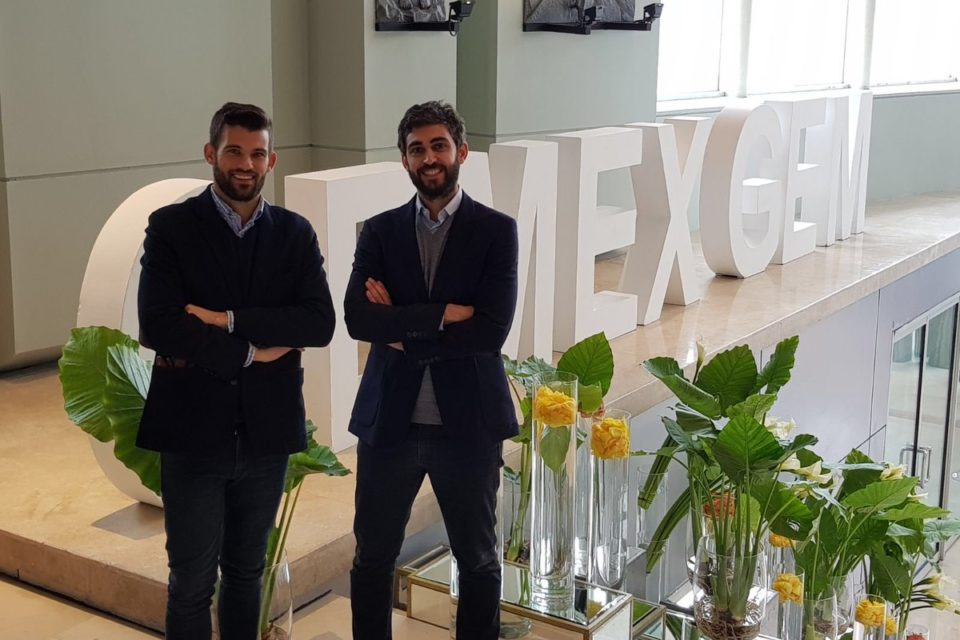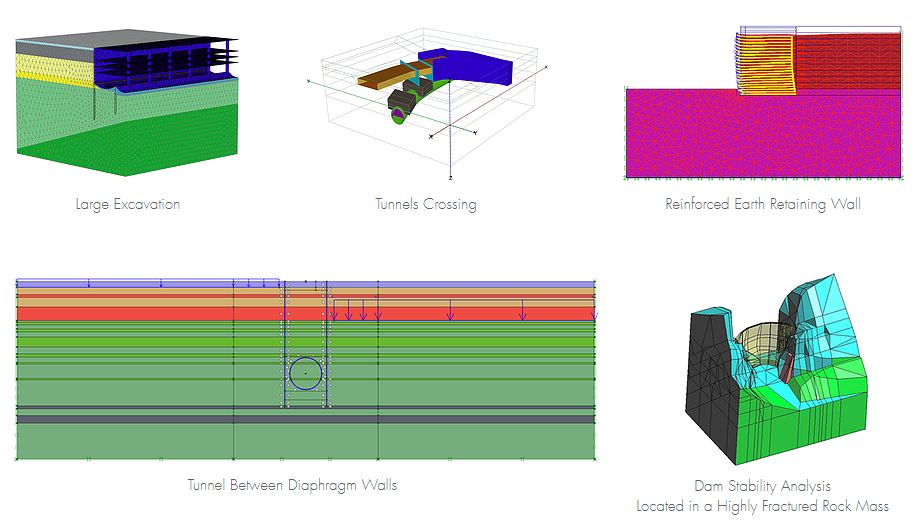Geotechnics and machine learning startup SAALG Geomechanics receives new investment to transform the construction industry

Spain Barcelona-based geotechnics and machine learning startup, SAALG Geomechanics, has received new investment from CEMEX Ventures. Founded in 2015 by geotechnical engineers Cristian de Santos and Ignasi Aliguer, SAALG Geomechanics (SAALG) has developed a software called Daarwin, which provides real-time analysis of the behavior of the ground during civil work and large building projects. Through state-of-the-art Machine Learning and Real Time Data Analysis technology, it enables real-time control of civil work projects, increasing safety by anticipating potential catastrophes or substantial changes due to ground movement that are imperceptible at the beginning of the work.
This is the third investment for CEMEX Ventures, CEMEX’s open innovation and venture capital unit, since its launch less than a year ago. CEMEX Ventures investment came through one SAALG’s current investors, Mobile World Capital and Business Angels. SAALG offers numerical model calibrations and soil and rock parameters characterization by backanalysis and inverse analysis, 2D and 3D geomechanical and geotechnical simulations, manily for TBM Tunnel Excavations, Conventional Tunnels, Large and deep excavations, reinforced earth retaining walls and wellbore stabity analysis, enabling their customers to build a bridge between academic research in the field of geomechanics and the industry.

After almost three decades of research on the geotechnical field of backanalysis, also known as inverse analysis, many publications and a PhD thesis on the field, SAALG Geomechanics now offers its clients the service of calibrating numerical models and identifying soil & rock parameters by means of the latest methodology based on Backanalysis. The Backanalysis Methodology developed by SAALG Geomechanics permits a real-time model calibration and soil & rock parameters identification, which is vital to predict the soil & rock behavior in a reliable manner. However, apart from having a well calibrated model, what is also really important is to be able to use the model to corroborate the validity of the hypotheses used in design; and if necessary or possible, to modify them in order to optimize the design.
The solution is innovative and represents a fundamental shift that will transform the construction industry. Currently, ground analysis is performed manually during work execution, so it can prove inaccurate and limit decision-making. Daarwin software significantly increases the analytical capacity and reliability of terrain response predictions. This reduces the current uncertainty at the beginning of a project and, therefore, increases safety, optimizes the construction process, and reduces over-dimensioning material resources. SAALG estimates savings in civil works of more than 10% of the project cost, and in large buildings with underground levels, savings can reach up to 15% of the foundation’s cost.
CEMEX Venture’s investment will enable SAALG to launch the first commercial version of the software, which is currently available as a project case version. With this software evolution, different agents of the construction process’ value chain will have access to the platform and enjoy the ability to work collaboratively in real-time. Needed modifications to the work can be made in an agile way, optimizing human, technical, and economic resources.
Additionally, CEMEX Ventures will provide SAALG with a wide network of contacts, driving the startup’s execution of new projects in international markets. Correspondingly, CEMEX Ventures remains at the forefront of the application of new innovation and collaboration trends with startups in the construction ecosystem.
CEMEX Ventures was launched in 2017. It focuses on helping overcome the main challenges and opportunity areas in the construction ecosystem through sustainable solutions. CEMEX Ventures has developed an open collaborative platform to lead the revolution of the construction industry, engaging startups, entrepreneurs, universities, and other stakeholders to tackle the challenges in the construction environment and shape the industry’s future.

